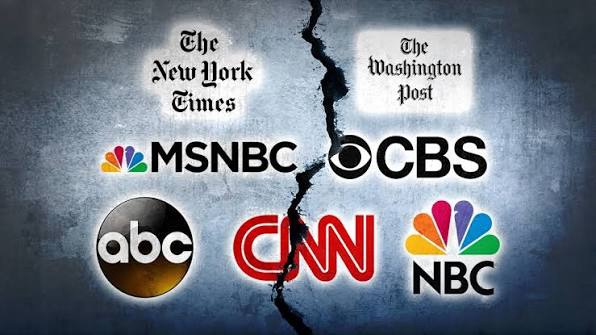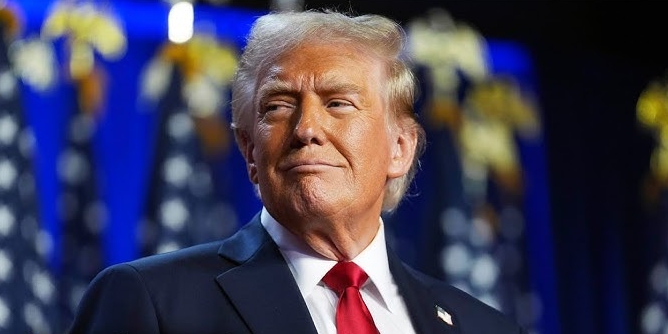The digital landscape has seen a seismic shift where algorithms dictate not just what we see but how news is crafted. Content creators, in their quest for engagement, often face immense pressure to produce sensationalized stories that might blur the lines of truth.
With academic research backing up these trends, it’s become apparent that many creators are navigating a system designed for 'engagement-optimized stories'—a euphemism for what labor advocates label as 'fake news.
Behind the scenes, teams report being nudged to 'make it punchier' or 'heighten the stakes,' leading to a cycle of exaggeration and fact distortion that prioritizes metrics over accuracy.
This environment has not only fostered content that skews reality but has left many creators feeling anxious and burned out. Reports of panic attacks and moral distress are emerging among those tasked with meeting the relentless demands of digital media. As pressure mounts, the call for ethical standards in journalism grows louder, advocating for a system that prioritizes transparency and truth over mere clicks.





















